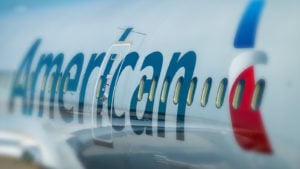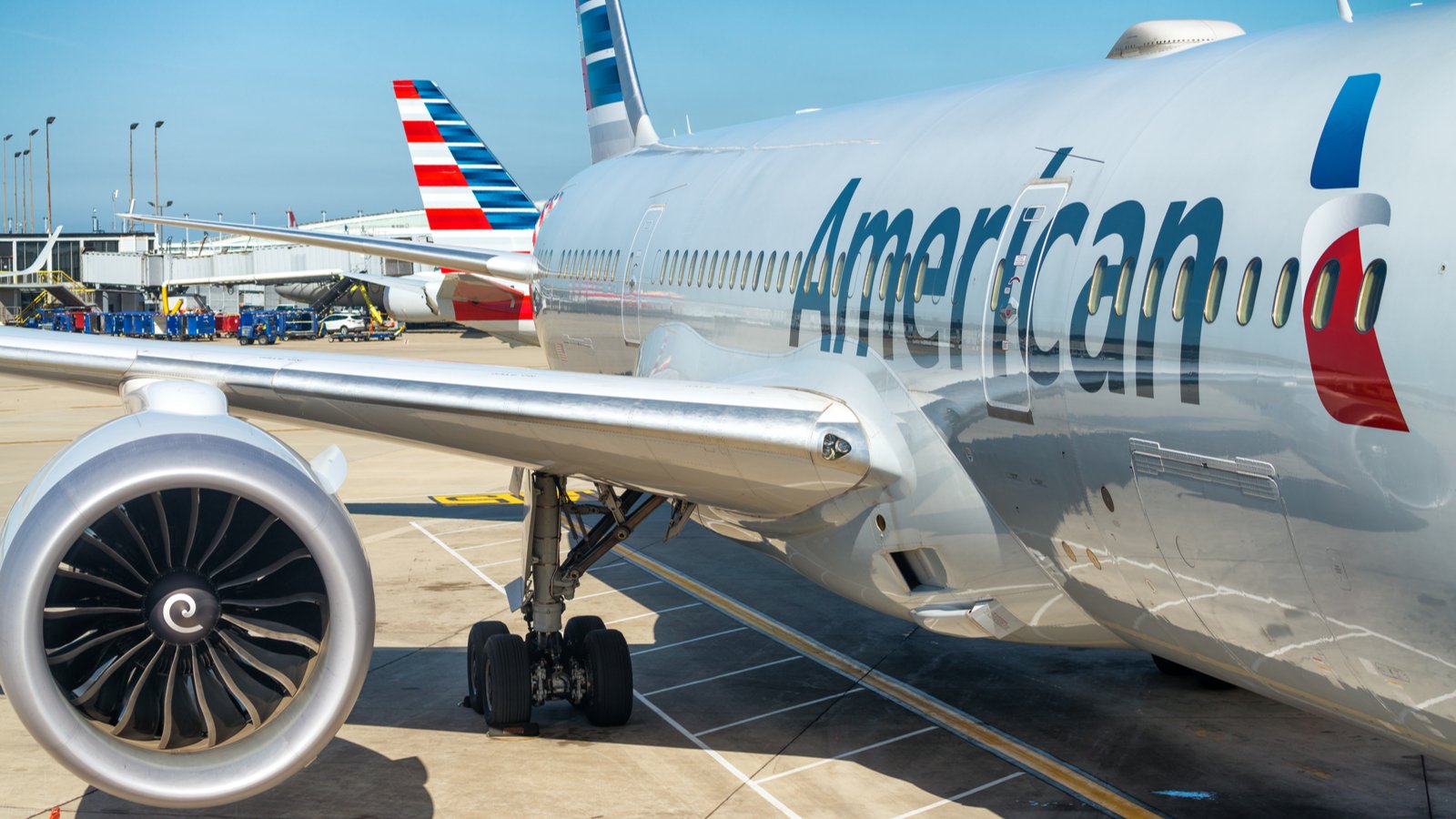Without a doubt, one of the worst-hit market segments due to the novel coronavirus is the travel industry. Most worryingly, cruise liners have suffered the brunt of the damage. However, that doesn’t exempt airliners such as American Airlines Group (NASDAQ:AAL). Despite a big 10%-plus jump in AAL stock heading into the Good Friday holiday, I’m extremely skeptical about the underlying company and the wider sector.

Obviously, the transportation industry is a real-time indicator of economic viability. Both in terms of business strength and consumer sentiment, the movement of people (or lack thereof) provides vital clues. As you would expect, very few people are flying right now. Whether due to lack of discretionary funds or health concerns, people are choosing to ground themselves.
And this is the real issue that you should concern yourself with when discussing AAL stock. Unfortunately, no government bailout can manufacture demand.
Furthermore, several economists have expressed skepticism of a quick V-shaped recovery. I’m right there with them. According to the latest read from the consumer sentiment index, April is forecasted to fall to 71 points, or a 20.3% loss. This is a record low going back to 1978 when complete records were kept.
Even more startling, this deterioration occurred over a very short time frame. In February, the consumer sentiment index read 101 points, which is well above average.
Compare that to the Great Recession. At the bottom in November 2008, the sentiment index registered 55.3 points. However, the journey to get to this point took about two years. We’re in the smelly stuff in two months. Further, we won’t start recovering until we hit a bottom, which doesn’t bode well for AAL stock.
AAL Stock to Suffer from an Unprecedented Industry Crisis
One of my biggest concerns for American Airlines, along with rivals like United Airlines (NASDAQ:UAL) and Delta Air Lines (NYSE:DAL) is that we don’t know where our bottom in consumer sentiment will land. Since we’ve already drawn a dubious record in terms of month-to-month change, I’m assuming something terrible.
By terrible, I mean something below 40 points. In this case, that’s off-the-charts negativity.
Taking aside the economic argument for a minute, I’m very worried about domestic and global airline demand. Frankly, we’ve never seen anything like this. Though the airlines are currently benefitting from a federal “security blanket,” it’s just not enough.
In prior crises affecting U.S.-based airliners, our companies could reliably depend upon international travelers to help pick up some of the slack. For instance, after the 9/11 terrorist attack, American passenger volume noticeably declined.
Yet global passenger demand deteriorated relatively modestly. Further, emerging countries’ passengers, such as China, maintained their positive growth trajectory before and immediately after 9/11. In other words, tourists were still willing to fly to the U.S. despite the threat of terrorism.
I would know. I flew back into the U.S. days after that horrific attack.
Later, the 2008 global market collapse and ensuing recession killed Americans’ appetite for air travel. Fortunately, this terrible event didn’t stop the Chinese from traveling, which again saw an uptick throughout the recession. Also, global air travel did not suffer negative growth during this period.
But this time is different. As a CNBC report pointed out in early March, travelers are “too fearful at any price.” Unlike terrorism, there is a high probability of you catching an infectious disease on an airplane. As we saw with the coronavirus, that could lead to disastrous consequences, such as forced quarantining and being stranded.
No One to Depend On
Recently, I spoke on the phone with my old college roommate. As a fellow Asian American, I joked with him that I can no longer go to Italy. He responded that he was fortunate to have visited years ago.
I envy him. In my opinion, Italian food – I’m talking real Italian food, not that Olive Garden crap – reigns supreme. But anyone looking like me and going to Italy is asking for a brutal beatdown. Sometimes, being in America feels like a death sentence – and the U.S. is actually one of the most tolerant nations in the world, if not the most tolerant.
I mention these things to assert that AAL stock has no safety net to depend on. First, Americans of all persuasions simply don’t want to travel. Second, Chinese and Asian tourists also have zero desire to travel to and within the U.S.
At best, they will face racial intimidation from Americans furious at them for their job loss (or loss of a family member). At worst, they could be targeted for something more sinister a la Vincent Chin.
Sadly, if the economy worsens – and I think it will – more Americans will scapegoat Asian-looking people. With such a deterioration of social conduct, along with the demand loss that this entails, I don’t see any reason to buy AAL stock right now.
A former senior business analyst for Sony Electronics, Josh Enomoto has helped broker major contracts with Fortune Global 500 companies. Over the past several years, he has delivered unique, critical insights for the investment markets, as well as various other industries including legal, construction management, and healthcare. As of this writing, he did not hold a position in any of the aforementioned securities.
